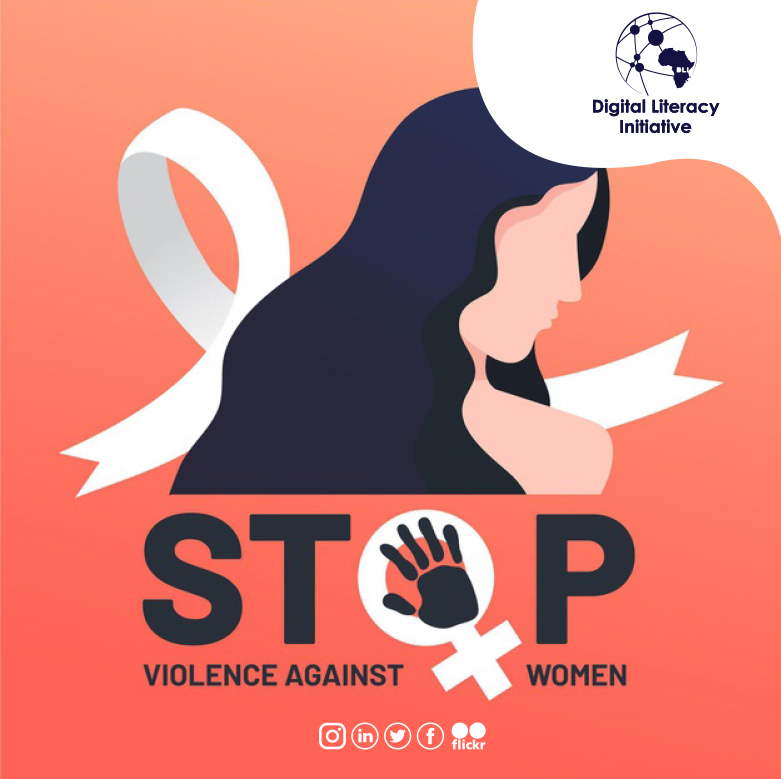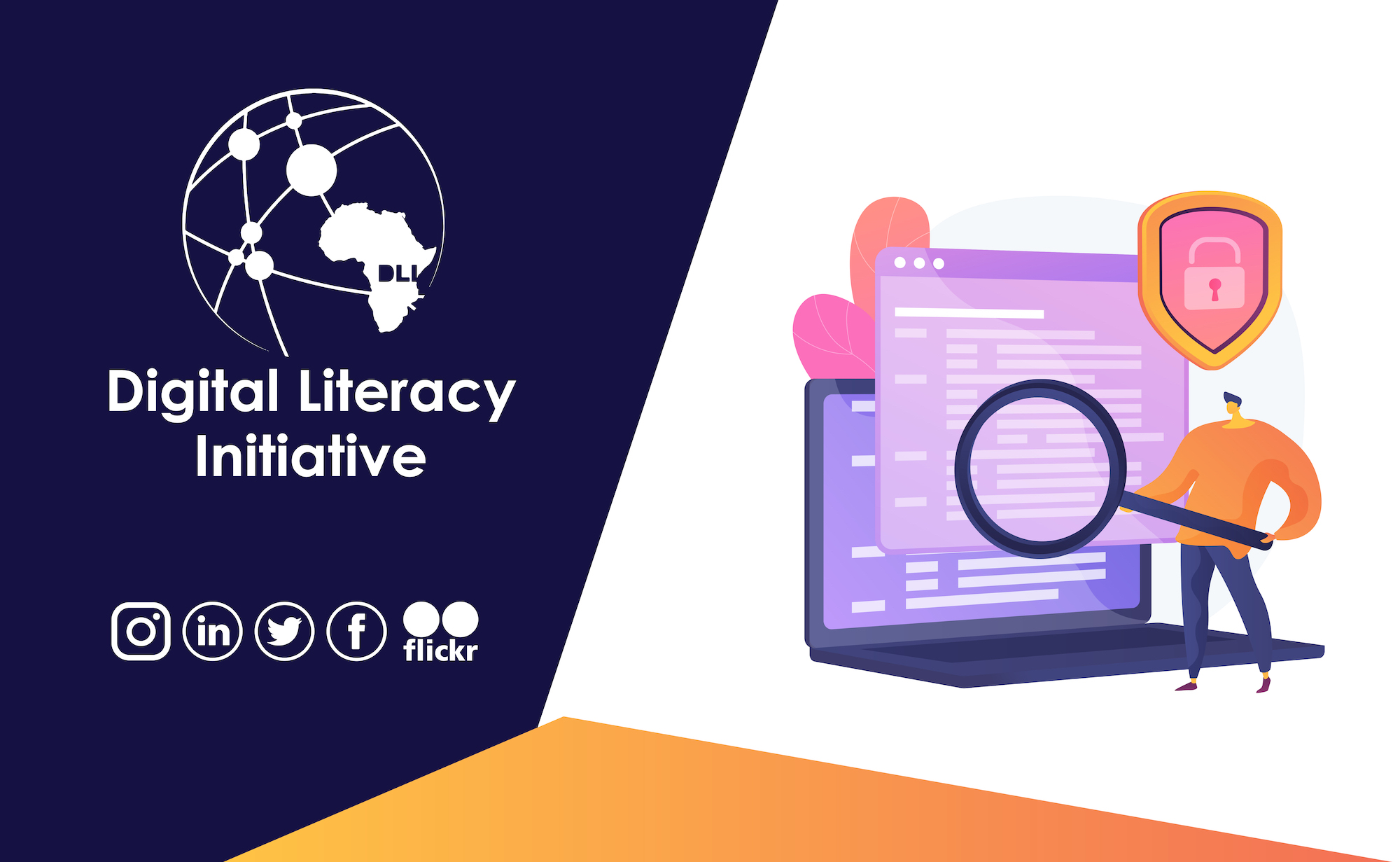By Joan Katambi
On behalf of Digital Literacy Initiative, Joan katambi participated in the Arusha Women School of Internet Governance (ARUWSIG 2020) as a Faculty member. The theme was Internet as a frontier for democracy and rights in elections.
The capacity to access and use the internet excellently is central to Women's digital inclusion. When women gain meaningful connectivity and access to the internet, they participate in the evolving knowledge societies and the entire economies benefit. Digital divides are still exist in developing countries. Men and youth in the urban residents are more likely to be online than women, persons with disabilities and older people. The digital gender gap in terms of internet penetration is more pronounced in developing countries and substantial in least developed countries.
Whereas discussions around the digital divide tend to focus on to access available to individuals, women etc. Digital Inclusion is intended to focus on a practical, policy-driven approach that addresses the needs of societies as a whole. While ICTs are recognized as having a possibility to promote gender equality and women’s empowerment, a digital gender divide has been identified, whereby women access and use ICTs less than men, which has made gender inequalities even worse.





